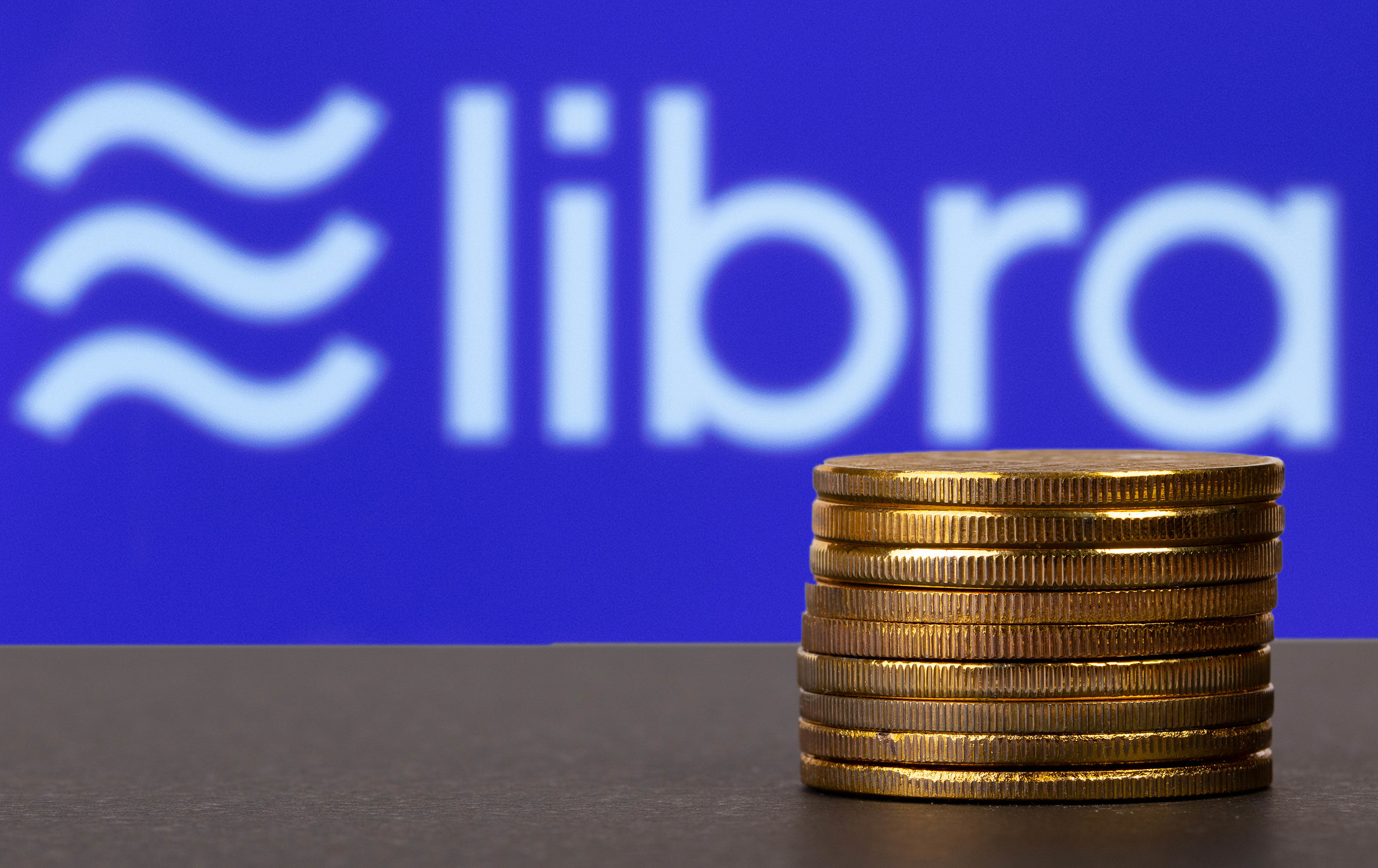“We’re going to change the world”, claimed Facebook executive David Marcus last May when Facebook announced plans to launch its own cryptocurrency called “Libra.” Facebook announced that it aimed to embed Libra in Facebook’s platforms and allow financial transactions between users globally.
However, it appears that the world did not want to be changed. Facebook encountered heavy backlash against Libra not only from its corporate partners but from international governments as well — countries such as Germany, France, Italy, and the United States argued that Libra posed a threat to national sovereignty. However, Libra’s emergence is not the cause but a symptom of Facebook’s growing power: while international actors fear Libra, it is actually Facebook’s growing political and economic dominance rather than the emergence of this currency that truly poses a threat to national sovereignty.
From the outset, Libra claimed to enable instant transfers transfers, with fewer fees, across the world in a way similar to Bitcoin. For consumers, Libra would be embedded within Facebook-owned applications through subsidiary Calibra, which would offer financial services such as lending and investing. Payments could be made through partners as well, with companies like Uber and Spotify potentially accepting payments with Libra. Unlike Bitcoin, however, Libra would be backed by a “basket of international currencies such as the dollar, euro, and yen”. This distinguishes Libra, as it gives Facebook the power to alter the relative value of these currencies through trade on the foreign exchange market. Libra’s support from Facebook allows it the means to back its currency, and backing the currency provides more credibility for its use by everyday consumers.
Facebook’s plans were ambitious, and they unsurprisingly came under fire from a number of actors. The US Treasury Department voiced concerns that Libra could be used for money laundering to finance terrorist groups. But concerns about Libra span far beyond suspicion of its users, with potential consequences for national sovereignty. According to French the economy minister, Bruno Le Maire, Libra’s backing with assets gave Facebook the ability to affect the exchange rate between the euro and the dollar. Such backlash led to quick decisions from nervous investors: within the next 3 months, the Libra Consortium, a group of 28 companies supporting the cryptocurrency, dropped to 22, as companies such as eBay, Stripe, Mastercard, and Visa backed out.
While Libra appears to be stalled beyond its initial launch date of 2020, it serves as a good example of how corporations are gaining power at the expense of the national sovereignty of the countries in which they operate. Although the emergence of Libra is perceived as an unprecedented threat from Facebook, the social media platform has long operated at the expense of national sovereignty.
Facebook’s role in the 2016 US presidential election has been heavily scrutinized. The company allowed Cambridge Analytica, a political firm linked to President Trump, to access the personal information of tens of millions of people. The subsequent congressional hearing saw Facebook “deflect blame and mask the extent of the problem”. The platform has been criticized further for allowing fake news and disinformation to spread, including the dissemination of Russian propaganda to US voters.
As soon as a private corporation, let alone a social media company, has the power to influence elections and political outcomes, it becomes a threat to national sovereignty. Here, national sovereignty is directly infringed upon as foreign political powers have the ability to impact domestic outcomes. Moreover, Facebook undermines national sovereignty by fueling ethnic and social tensions rooted in fake news and disinformation.
In Myanmar, Facebook emerged as a platform in a country that was politically and socially divided, only recently opened up from decades of censorship. A lack of experience with technology meant that people in Myanmar had greater difficulty distinguishing real information from misinformation. Facebook did not assume the role of fact-checker, as they failed to prohibit posts from Myanmar military officials that ended up fueling ethnic cleansing. Similarly in India, Facebook’s messaging platform WhatsApp was used for intense political campaigning: right wing groups and party leaders were found to be spreading disinformation, particularly against Muslims to provoke Hindu-nationalist sentiments.
Through its messaging and sharing services, Facebook can perpetuate racial, religious, and ethnic biases, which can have very real ramifications: the loss of life, the success of radical political parties, and the escalation of hostilities within countries. Facebook simply has not taken the steps necessary to prevent the dissemination of fake news and has forced countries and their citizens to deal with the consequences.
Facebook has finally come under scrutiny for Libra due to its threat to powerful countries. While many leaders have acted to hold Facebook accountable in the case of the US presidential elections, little has been done to hold them responsible for their actions in less hegemonic countries such as India and Myanmar. Changes to prevent such actions from happening again have been minimal, relying largely on user data to detect fake news and disinformation. Libra does not pose any threat to national sovereignty that Facebook itself doesn’t already: Libra is symptomatic of the growing power that corporations have taken from sovereign states. The reason why such concerns are only starting to be heard now is simply that the sovereignty of countries who have a larger voice in the international arena are now under threat.
